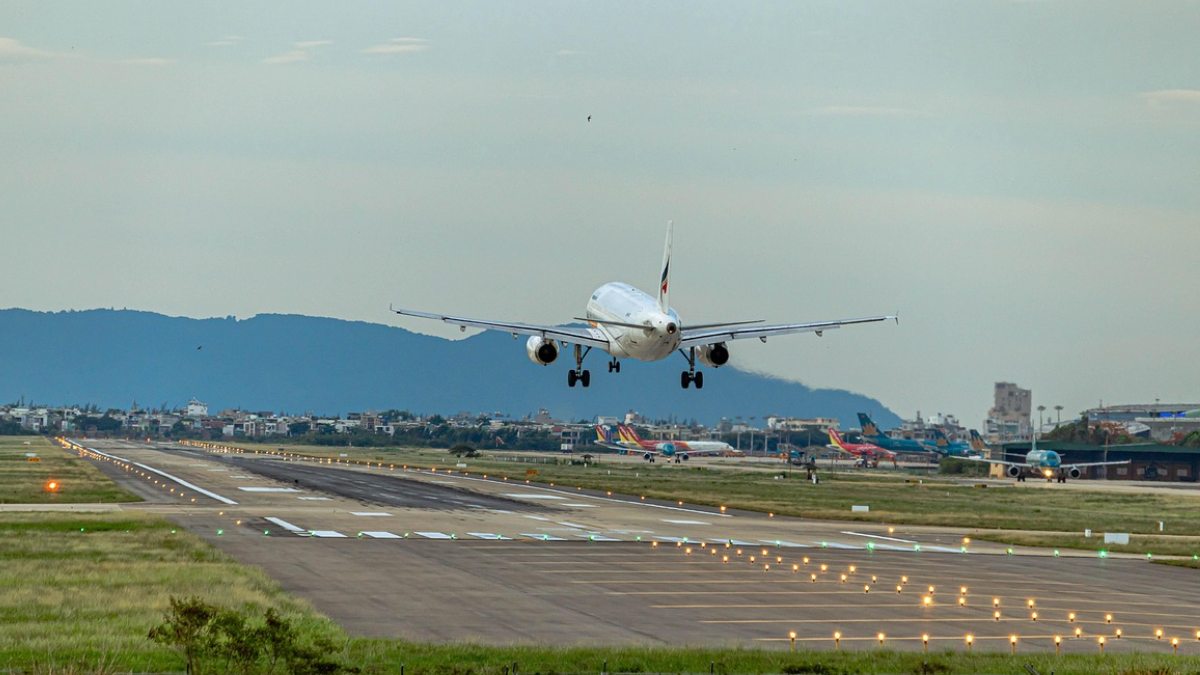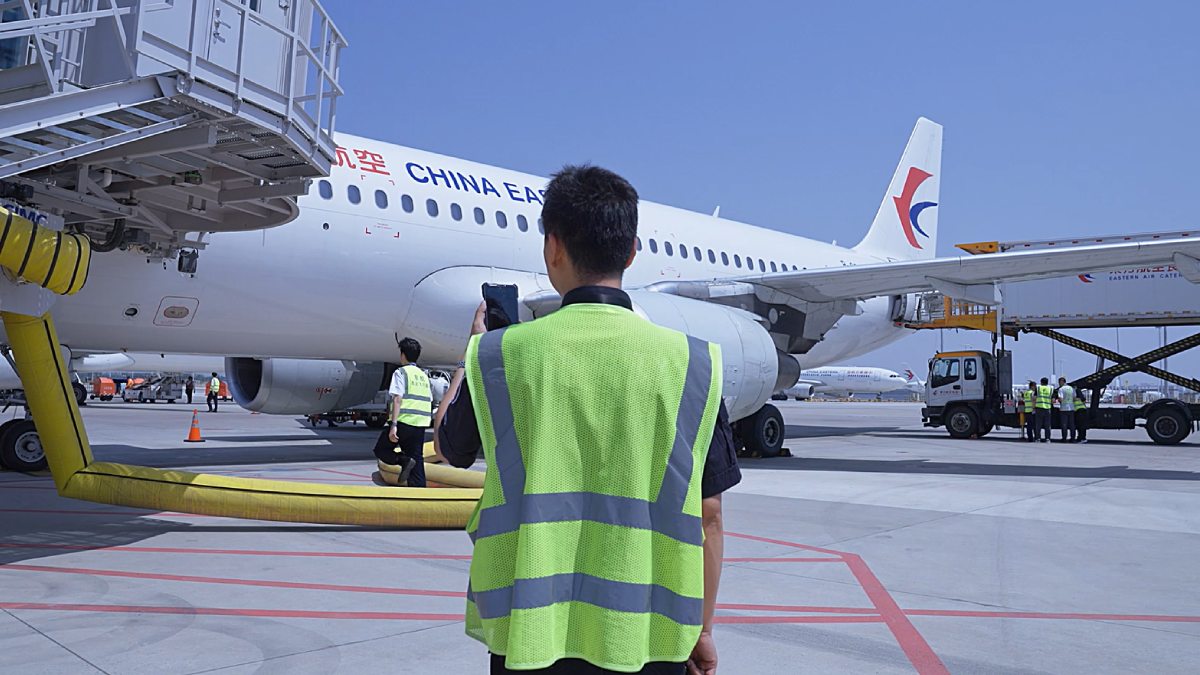From Complexity to Efficiency: The Path to Intelligent and Connected Airports
PoC & MCS
PoC & MCS
Airports today are no longer just transportation hubs. They are complex ecosystems where every second counts—whether it's ensuring an aircraft departs on time, coordinating hundreds of ground staff, or managing passenger flows safely and smoothly. As air traffic continues to grow and mega-terminals rise across the globe, the need for secure, real-time communication and collaboration has never been greater.

The Challenge: Complexity at Scale
Modern airports handle millions of passengers each year while striving to deliver seamless, customer-centric journeys. Yet behind the scenes, ground handlers, control centers, fueling crews, and airlines often operate on separate communication systems. This siloed approach can create delays, increase costs, and compromise safety.
A key challenge lies in ensuring seamless, secure, and real-time communication between all stakeholders. The lack of unified collaboration remains a barrier to achieving full operational efficiency. Ground crews, airport staff, control centers, and airlines often rely on separate channels, resulting in fragmented information and operational silos. For airports like Xi'an Xianyang International Airport, one of China's largest aviation hubs, breaking down these barriers is essential to maintaining efficiency and safety amidst growing passenger and flight volumes.
The Solution: Unified, Broadband Communications
Traditional turnaround processes still rely heavily on narrowband radios, mobile phones, and manual reporting. These methods often result in miscommunication, fragmented data, and limited situational awareness.
By adopting broadband-based mission-critical communication platforms, airports can bring all stakeholders onto a single, unified system that supports voice, video, and data in real time. Hytera's 5G Convergent solutions address this issue by streamlining workflows, enhancing decision-making, and reducing operational delays. At Xi'an Xianyang International Airport, these solutions have integrated ground handling teams, security staff, and operations centers within one secure platform, allowing flight status updates, ground operations monitoring, and emergency responses to be coordinated seamlessly.

Safety, Efficiency, and On-Time Performance
The benefits of modernizing airport communications are clear:
- Enhanced Collaboration – Teams across the airport can coordinate through one platform, reducing delays and operational disruptions.
- Improved Safety – End-to-end encryption and secure access controls ensure sensitive operational data remains protected.
- Operational Efficiency – Automated task assignments, workflow tracking, and instant group creation (e.g., by flight number) ensure the right information reaches the right people at the right time.
- Cost Reduction – Streamlined workflows and integrated communications cut inefficiencies, reducing operational costs.
- Passenger Experience – Smoother operations and faster responses lead to improved on-time performance and higher passenger satisfaction.
AI and 5G Technology Driving the Future
Emerging technologies such as AI and 5G are already transforming airport operations. AI provides predictive insights, anomaly detection, and smarter workflows, allowing staff to act proactively. Meanwhile, 5G enables real-time video streaming, IoT sensor integration, and rapid data sharing, giving airport operators complete situational awareness even under peak demand.
At Xi'an Xianyang International Airport, Hytera's 5G-powered convergent communication platform has enhanced turnaround efficiency, enabling ground crews to respond faster to flight schedule changes, maintenance needs, and security alerts. This ensures operations remain smooth even during peak travel periods, benefiting both staff efficiency and passenger experience.
Building the Connected Airport of Tomorrow
Airports are not only gateways for travelers but also strategic national assets. Ensuring their resilience, efficiency, and security requires communication systems built for mission-critical performance. Broadband communication platforms enable airports to maintain full situational awareness, even under peak demand or during emergencies.
The race toward smarter airports is not just about building bigger terminals or handling more flights—it's about creating a connected ecosystem where every stakeholder can collaborate in real time, securely and seamlessly. By modernizing communication infrastructure with Hytera's solutions, airports will unlock higher efficiency, stronger security, and better passenger experiences.






